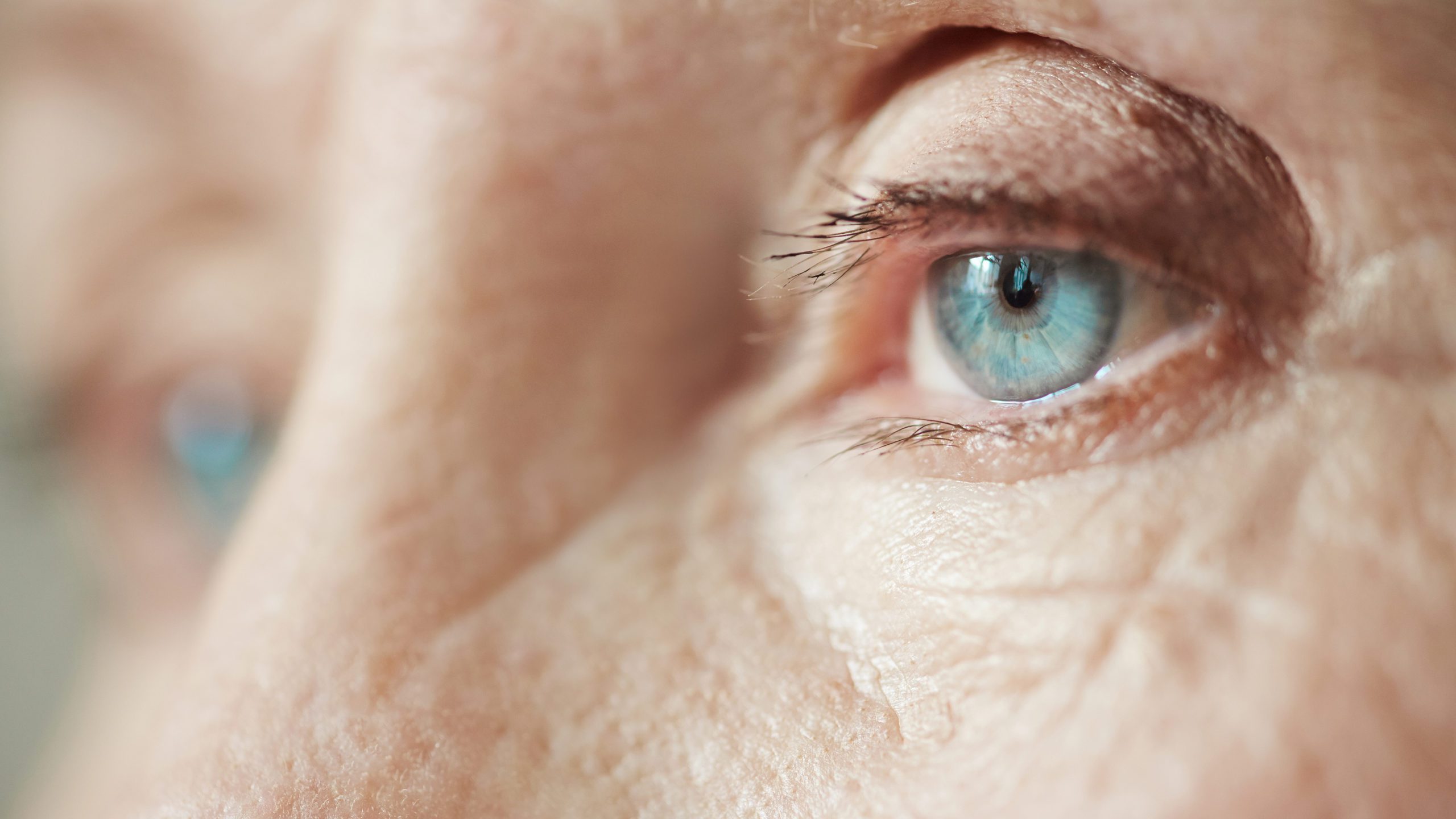Aging causes various changes in our body, and the eyes are not an exception. As well as some other conditions, eye disorders can significantly lower the quality of life. However, it should be noted that there are ways to prevent or minimize some age-related changes. And science is advancing rapidly, creating new and new methods for managing vision disorders.
So let us start with the types of changes that can occur. Farsightedness, or presbyopia, is very common among people after the age of 40. It is characterized by trouble seeing things clearly up close. It is a normal part of aging and happens because the lens in your eye becomes more rigid with time, making it less inclined to change shape to focus light on the retina. Unfortunately, the aging process causing this condition cannot be stopped or reversed. However, presbyopia can be corrected by various methods, including eyeglasses and contact lenses or surgical intervention.
Another disorder related to the eye lens is cataracts. With this condition, the lens becomes cloudy, and you see things blurry, double or less colorful. About half of Americans over the age of 75 develop cataracts. It happens because normal proteins in the lens start to degrade and lead to cloudiness with age. Multiple factors may put you at risk of developing cataracts. They include family history, medical conditions such as diabetes, using some medications like corticosteroids, smoking. Even spending a lot of time in the sun without eye protection can lead to the development of the disorder because ultraviolet radiation damages your eyes. Cataract symptoms might not cause many problems, in which case you can just use eyeglasses to help you see better. However, if it significantly limits your day-to-day activities, it can be removed with surgery.
The retina is a thin tissue layer on the back of the eye on the inside. It can also be affected by the aging process. Age-related macular degeneration (AMD) is characterized by the damage of a part of the retina called the macula. There are dry and wet types of AMD. Dry AMD is about 80% of all AMD cases. It happens when parts of the macula get thinner and tiny clumps of a drusen protein build up. It causes slow central vision loss. When it comes to wet AMD, abnormal blood vessels grow under the retina. They may leak blood or other fluids and cause scarring of the macula. Wet AMD is not that common but is more severe and leads to faster vision loss.
Risk factors for AMD include family history, age over 50 years old, smoking, overweight, and high blood pressure. Currently, dry AMD cannot be treated. However, patients with this condition may benefit from certain nutritional supplements such as vitamins C and E, zinc, copper. You have to consult your doctor to choose the right supplements for your individual case. For wet AMD treatment, there are medications called anti-VEGF that reduce the number of abnormal vessels. In addition, products like yellow fruits and vegetables, dark leafy greens, fish are also beneficial for people with AMD.
With age, you can also start experiencing other problems with your eyes. For example, older adults tend to have reduced tears production, leading to dry eyes. In this case, an ophthalmologist can recommend eye drops to moisturize your eyes. Some older people may also have difficulty seeing at night. Studies have shown that rod cells that are responsible for low light vision become weaker with age. It causes risks for driving at night. Therefore, the National Traffic Safety Administration recommends older people limit driving to daylight hours.
As people move into senior years, regular eye examinations become critical for saving eyesight. Therefore, it is important to have a complete eye exam with an ophthalmologist every year or two after age 65. It allows to catch any problems early and manage conditions more effectively.
















Leave a Reply
You must be logged in to post a comment.